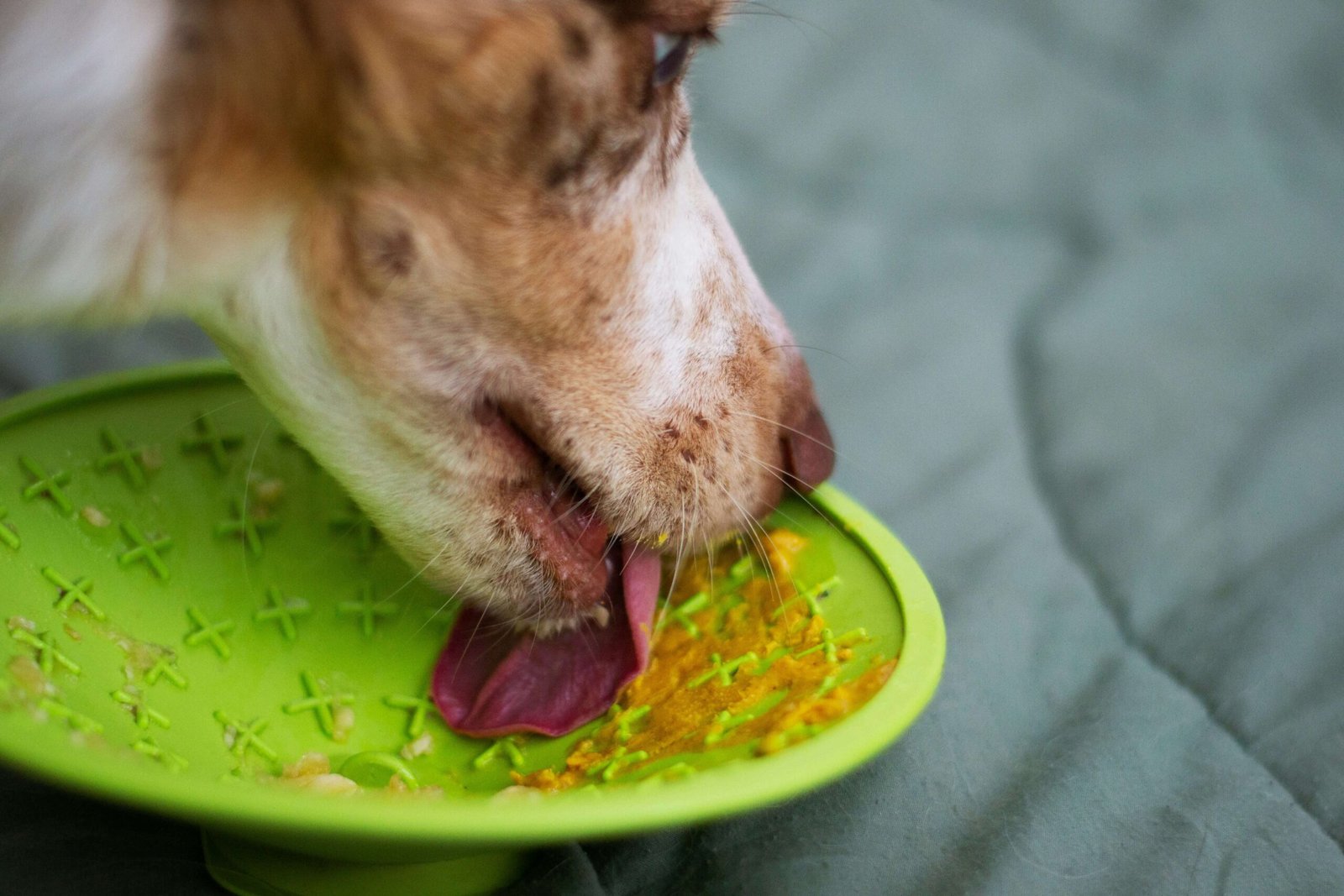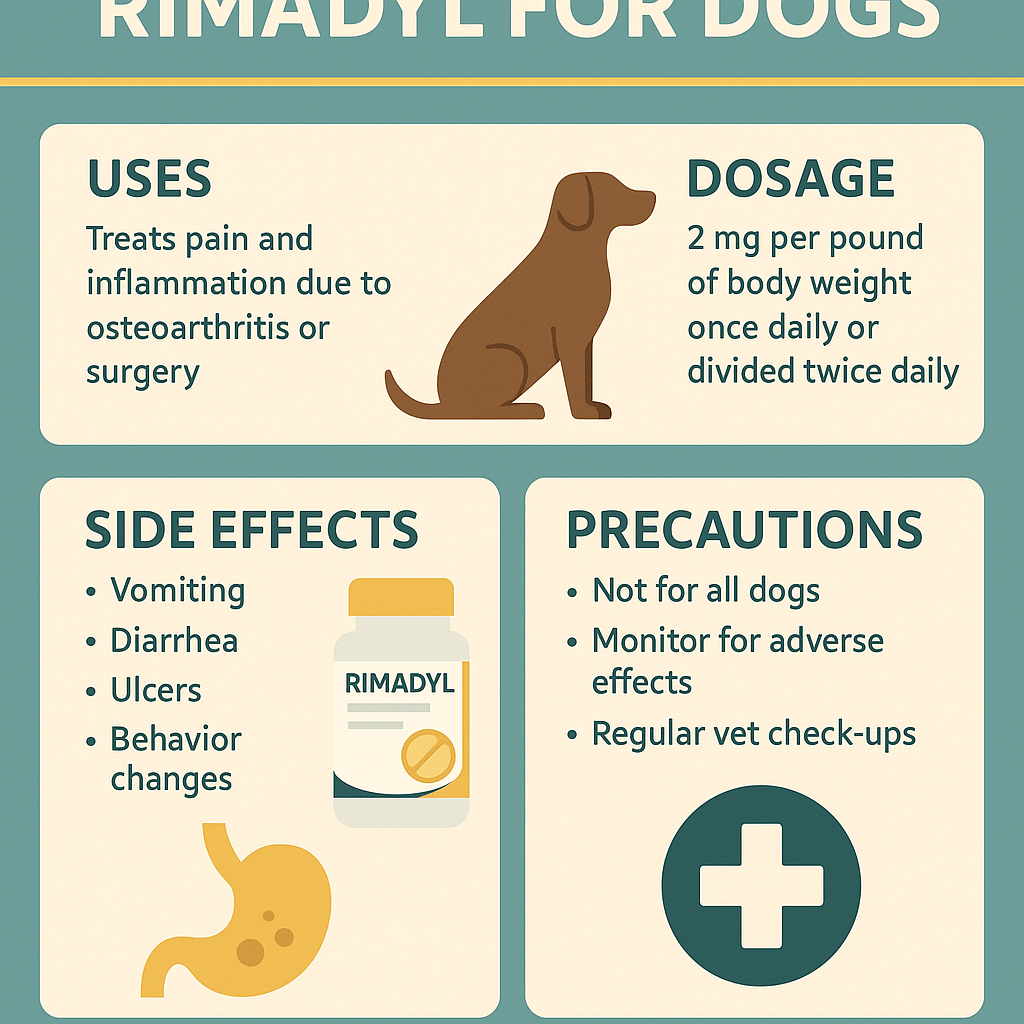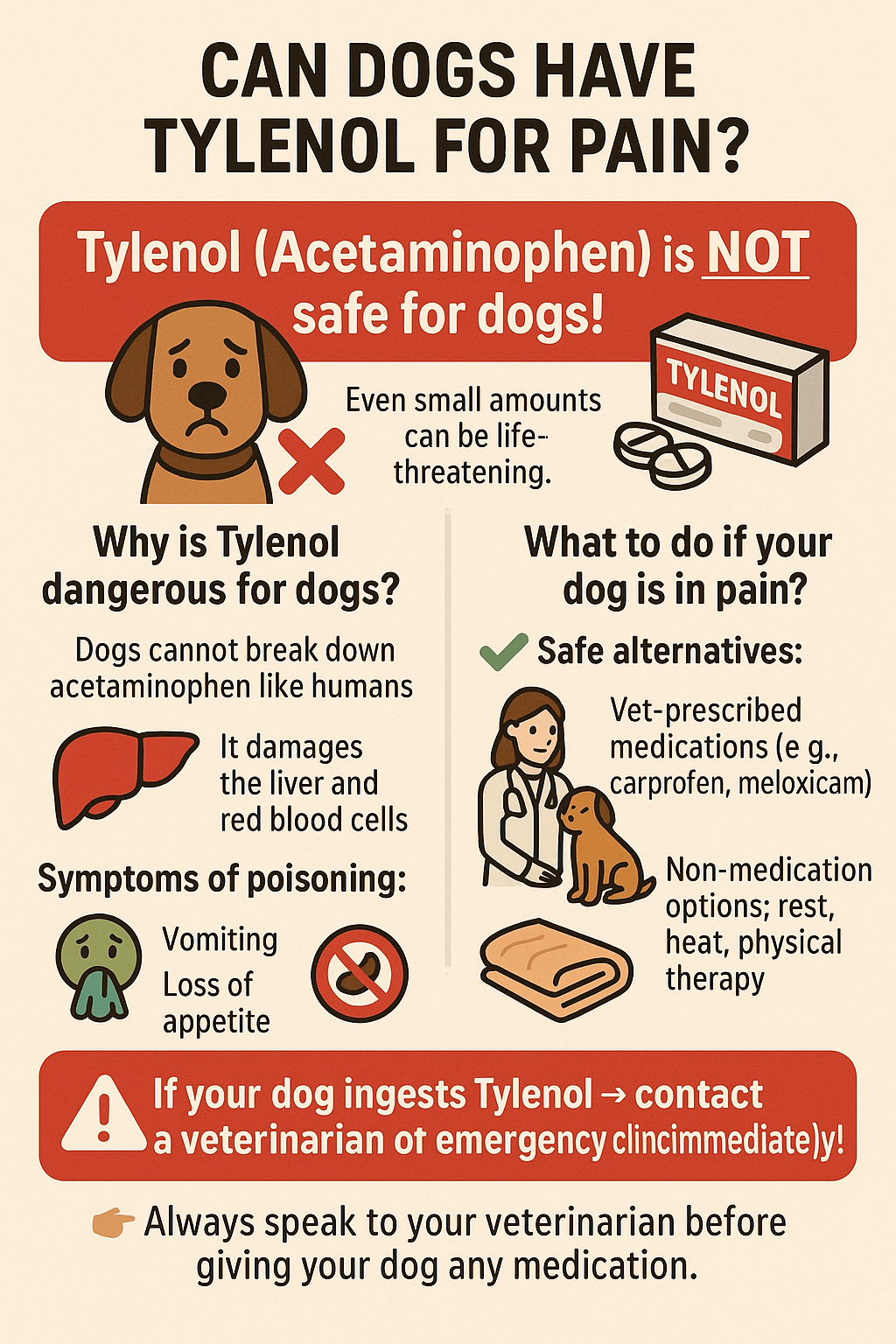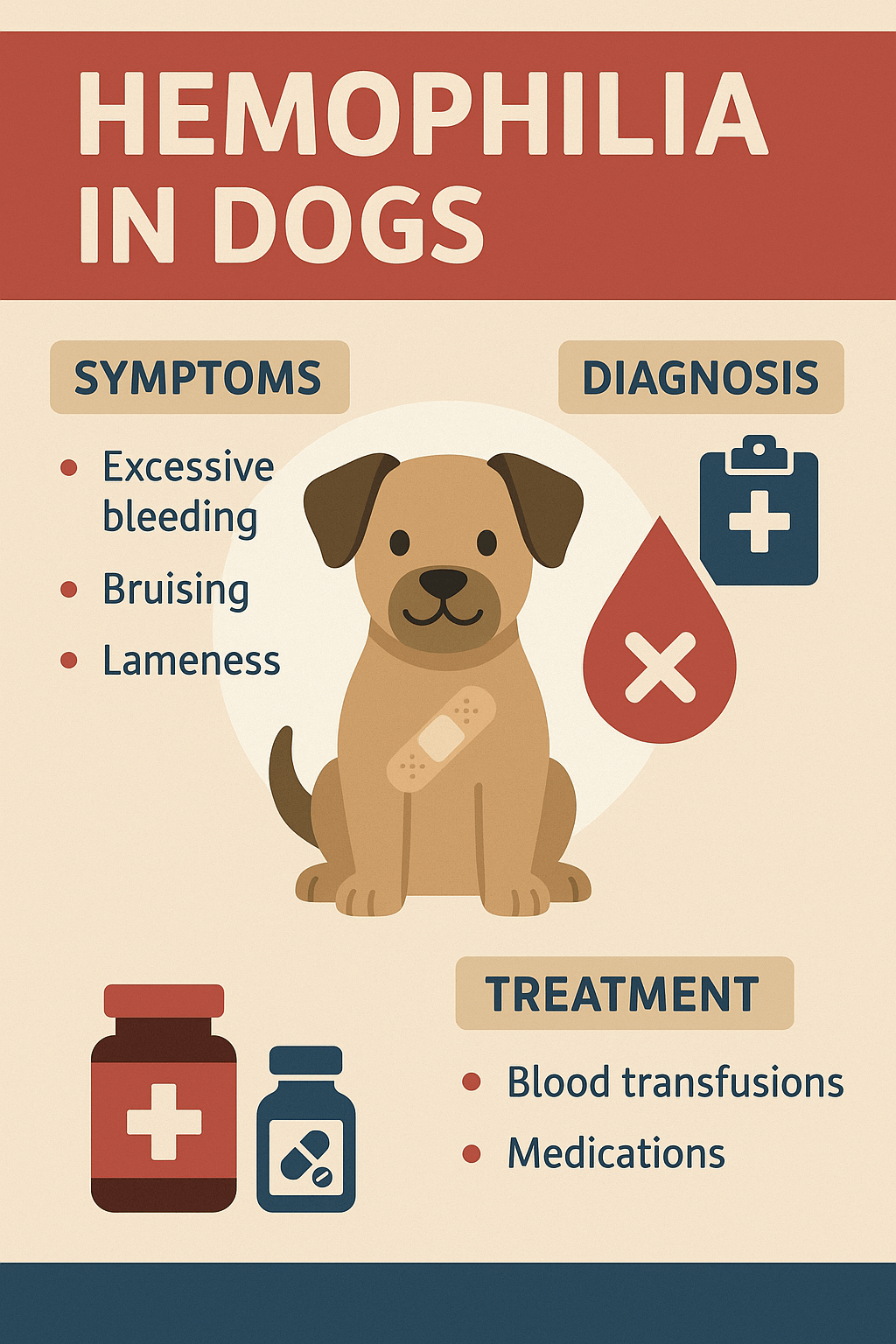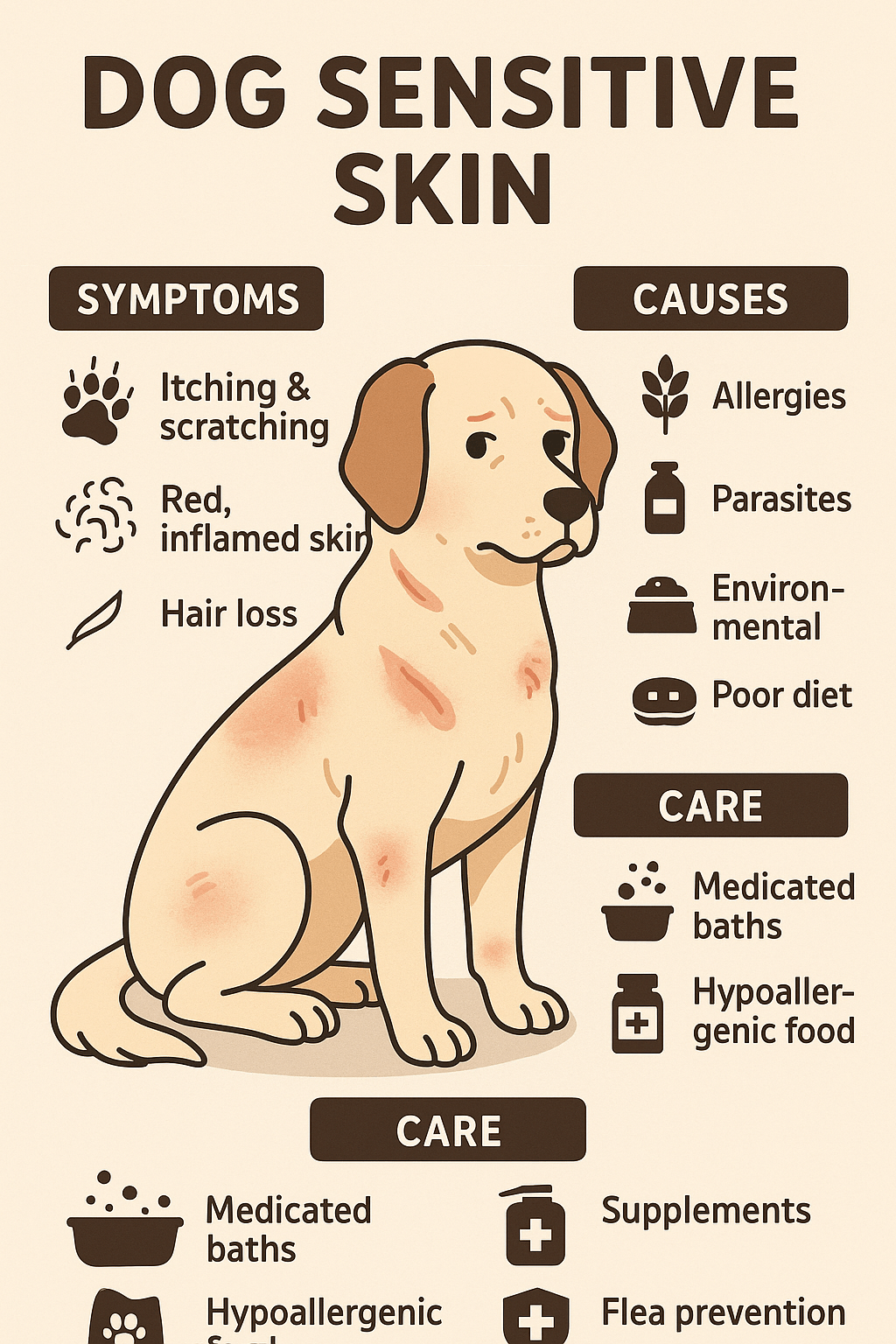Finding Your Perfect Furry Friend: Key Questions to Ask When Adopting a Dog
Bringing a dog into your life is one of the most rewarding decisions you can make. These loyal companions bring joy, unconditional love, and countless memories. However, adopting a dog is not just about choosing the cutest face at the shelter; it’s about finding the right match for your lifestyle, home environment, and long-term commitment. Asking the right questions before adoption ensures that both you and your new furry friend start off on the best possible footing. In this guide, we’ll explore essential questions to consider, helping you make an informed decision and create a harmonious bond with your future pet.
Understanding Your Lifestyle: Is a Dog Right for You?
Before diving into the adoption process, it’s crucial to reflect on whether your current lifestyle aligns with the responsibilities of owning a dog. Dogs require time, attention, and care, so it’s essential to assess your daily routine and commitments. Here are some key points to consider:
Do you have enough time to dedicate to training, exercise, and companionship?
Are you financially prepared for expenses like food, vet bills, grooming, and emergencies?
Does your living space accommodate a dog, especially if you live in an apartment or have limited outdoor access?
Are you ready for long-term commitment, as dogs can live 10–15 years or more?
Do you travel frequently, and if so, do you have a plan for your dog’s care during your absence?
Taking the time to answer these questions honestly will help you determine whether adopting a dog is the right choice for you. Remember, preparation is key to ensuring a happy and healthy relationship with your new companion.
Choosing the Right Breed: What Suits Your Needs?
Once you’ve decided that you’re ready for a dog, the next step is to think about which breed would best fit your lifestyle. Different breeds come with unique temperaments, energy levels, and care requirements. Here’s what to keep in mind when selecting a breed:
Consider your activity level. Are you looking for a high-energy dog for outdoor adventures, or would you prefer a calmer companion for cozy nights at home?
Research grooming needs. Some breeds require frequent brushing and professional grooming, while others are low-maintenance.
Think about allergies. If anyone in your household has allergies, look into hypoallergenic breeds like poodles or bichon frises.
Assess your experience with dogs. Some breeds, such as herding or working dogs, may need experienced handlers due to their intelligence and energy.
Factor in size. Larger dogs may need more space, while smaller breeds might adapt better to apartments.
Choosing the right breed will set the foundation for a successful adoption. Keep in mind that mixed-breed dogs from shelters can also make wonderful companions, often combining the best traits of multiple breeds.
Check this guide 👉Red Flags When Adopting a Dog: Best 7 Expert Tips!

Adoption Considerations | Key Points to Reflect On |
|---|---|
Time Commitment | Daily walks, playtime, and training sessions |
Financial Preparedness | Budget for food, vet visits, and unexpected costs |
Living Space | Size of your home and access to outdoor areas |
Family Compatibility | How the dog will interact with kids or other pets |
Long-Term Commitment | Readiness to care for a dog for 10+ years |
Evaluating the Shelter or Rescue: What to Look For
The source of your adoption plays a significant role in ensuring you find a healthy and well-adjusted dog. Whether you choose a shelter, rescue organization, or breeder, here are important questions to ask:
What is the dog’s history? Has it been surrendered, found as a stray, or rescued from a difficult situation?
Is the dog up-to-date on vaccinations and medical treatments?
Has the dog undergone any behavioral assessments?
Can the shelter provide insights into the dog’s personality and compatibility with children or other pets?
Are there any known health issues or special needs to be aware of?
Asking these questions will give you a clearer picture of the dog’s background and help you avoid potential challenges down the road. A reputable shelter or rescue will be transparent and supportive throughout the process.
Preparing Your Home: Setting Up for Success
Once you’ve chosen your new furry friend, it’s time to prepare your home for their arrival. A well-thought-out setup will ensure a smooth transition and help your dog feel safe and comfortable. Here’s a checklist to guide you:
Stock up on essentials like food bowls, a collar, leash, bed, and toys.
Create a designated space for your dog, such as a corner with their bed and belongings.
Puppy-proof or dog-proof your home by removing hazardous items and securing loose wires.
Schedule a vet visit shortly after adoption for a wellness check.
Establish house rules early on to set clear boundaries and expectations.
By preparing your home in advance, you’ll create an environment where your new companion can thrive. Remember, patience and consistency are key during the adjustment period.
Understanding Your Dog’s Energy Levels: Matching Activity to Lifestyle
Every dog has a unique energy level, and finding one that aligns with your daily routine is essential for a harmonious relationship. A mismatch in activity levels can lead to frustration for both you and your pet. Here are some factors to consider when evaluating energy compatibility:
High-energy dogs like border collies or Australian shepherds thrive on intense physical and mental stimulation.
Moderate-energy breeds, such as Labrador retrievers or beagles, enjoy regular exercise but are more adaptable to varied routines.
Low-energy dogs, like bulldogs or basset hounds, are perfect for calmer households or those with limited mobility.
Consider your own fitness goals. If you’re looking for a running partner, a high-energy breed might be ideal.
Puppies generally have more energy than older dogs, so factor in the age of the dog you’re considering.
Matching your dog’s energy level to your lifestyle will ensure mutual happiness and prevent behavioral issues caused by unmet needs. Remember, an active dog is a happy dog, but only if their exercise requirements align with your capabilities.
Health and Wellness: Prioritizing Long-Term Care
A dog’s health is a critical aspect of adoption that requires careful consideration. Understanding potential health concerns and planning for ongoing care will help you provide the best life for your new companion. Here are some key points to keep in mind:
Research common health issues associated with specific breeds, such as hip dysplasia in large breeds or dental problems in small dogs.
Ask about the dog’s medical history, including any past illnesses, surgeries, or chronic conditions.
Inquire about spaying or neutering if it hasn’t been done yet, as this can impact behavior and health.
Understand the importance of regular vet check-ups, vaccinations, and parasite prevention.
Be prepared for senior care needs if adopting an older dog, including dietary adjustments and mobility support.
Prioritizing your dog’s health from day one sets the stage for a long and fulfilling life together. By staying informed and proactive, you’ll ensure your furry friend remains happy and healthy for years to come.
Training and Socialization: Building a Well-Behaved Companion
Training and socialization are vital components of raising a well-adjusted dog. Whether you adopt a puppy or an adult dog, investing time in these areas will strengthen your bond and promote good behavior. Here’s how to approach this important aspect of dog ownership:
Start training early with basic commands like “sit,” “stay,” and “come” to establish clear communication.
Use positive reinforcement techniques, such as treats and praise, to encourage desired behaviors.
Enroll in obedience classes if needed, especially for first-time owners or dogs with specific challenges.
Socialize your dog with other pets and people to build confidence and reduce anxiety in new situations.
Be consistent with rules and routines to avoid confusion and reinforce learning.
Proper training and socialization lay the groundwork for a respectful and enjoyable relationship with your dog. With patience and dedication, you’ll nurture a well-behaved companion who fits seamlessly into your family and community.
Frequently Asked Questions About Adopting a Dog
How much does it cost to adopt a dog?
Adoption fees typically range from $50 to $300, depending on the shelter and the dog’s age, breed, and medical needs.
What should I bring when visiting a shelter?
Bring identification, proof of address, and any necessary paperwork. It’s also helpful to bring a leash and collar for taking your new dog home.
Can I adopt a dog if I work full-time?
Yes, but you’ll need to arrange for midday walks or consider hiring a dog walker to ensure your pet gets enough exercise and attention.
How do I know if a dog is a good match for me?
Spend time interacting with the dog, ask the shelter staff about its personality, and observe how it behaves around you and others.
What if my adopted dog has behavioral issues?
Many shelters offer post-adoption support, and professional trainers can help address specific challenges. Patience and consistency are crucial during the adjustment phase.
Building a Lifelong Bond with Your New Companion
Adopting a dog is a journey filled with excitement, challenges, and endless love. By asking the right questions and preparing thoroughly, you’ll create a strong foundation for a happy and fulfilling relationship. Remember, every dog is unique, and the key to success lies in understanding their needs and nurturing their individuality. With patience, dedication, and open communication, you’ll soon discover the unparalleled joy of sharing your life with a four-legged friend. Welcome to the wonderful world of dog ownership—your adventure starts now!
Rimadyl for Dogs: Best 7 Expert Tips! Discover expert advice on using Rimadyl safely, managing pain, and improving your dog’s mobility with trusted veterinary insights.
Can Dogs Have Tylenol for Pain? Best 7 Expert Tips! Discover the risks, safe alternatives, and expert advice on managing your dog’s pain effectively while avoiding harmful medications.
Understanding Hemophilia in Dogs: Best 7 Expert Tips! Discover expert advice on managing hemophilia, recognizing symptoms, and ensuring your dog’s well-being with practical care strategies.
Understanding Dog Sensitive Skin: Best 7 Expert Tips! Discover expert advice on managing dog sensitive skin, relieving irritation, and improving your pup’s comfort with practical solutions.

